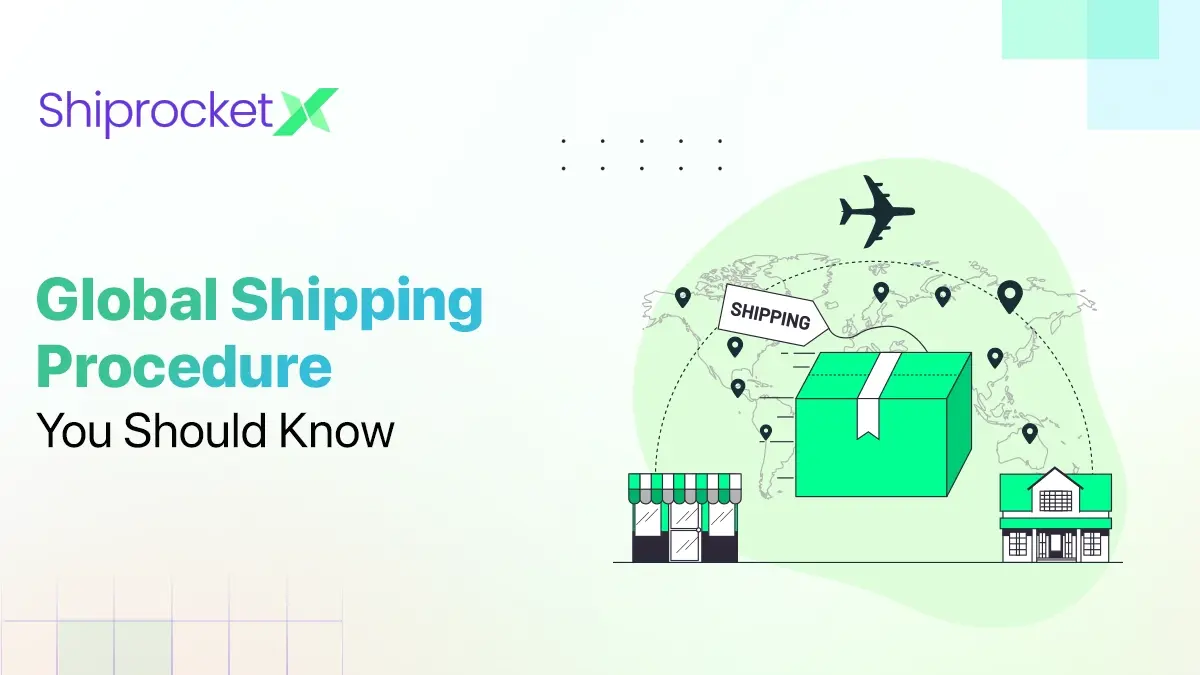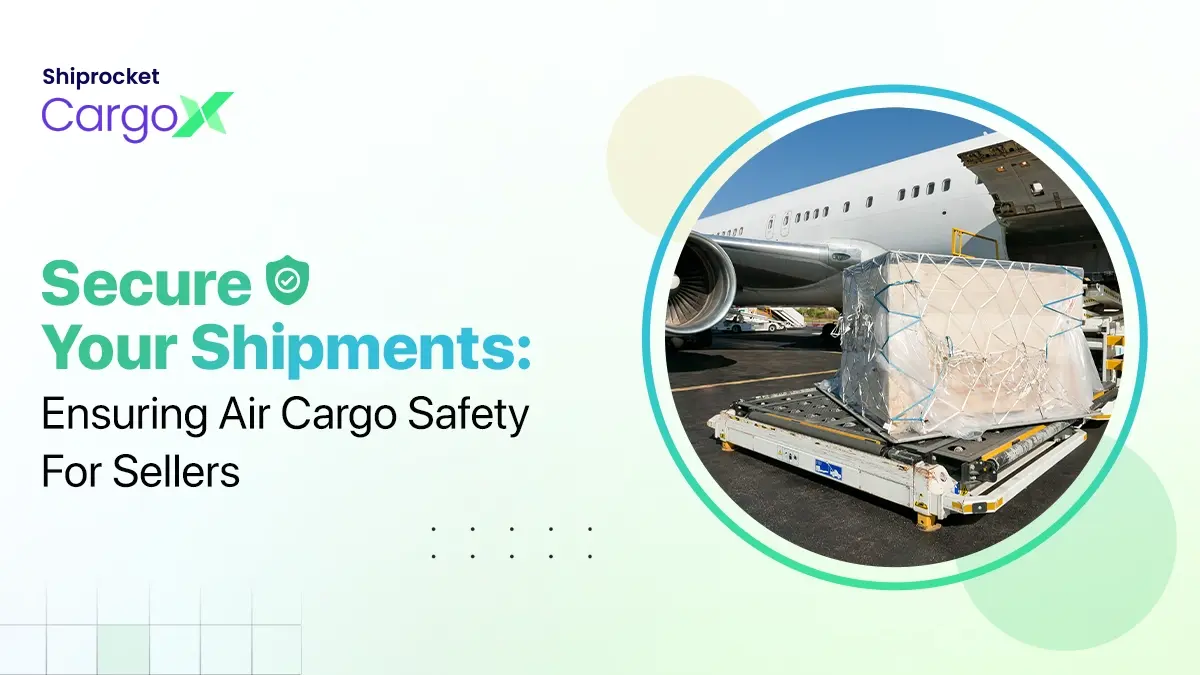Understanding Freight Insurance: Its Needs and Benefits
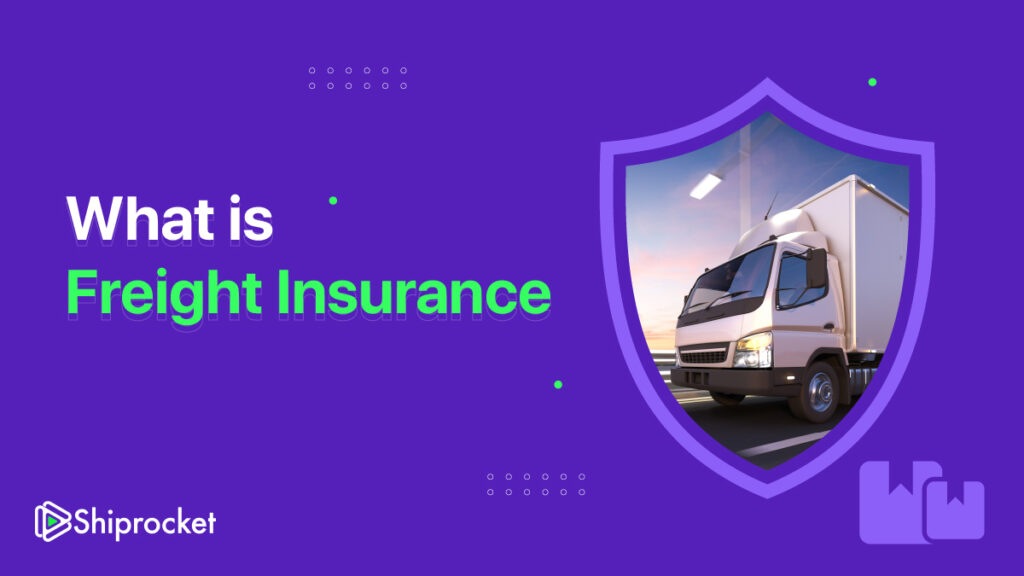
What is Freight Insurance Coverage?
Freight insurance is a policy by a third-party company that insures the total or partial value of your cargo. It’s a policy exclusive to the shipper and their specific freight shipment and one which will only handle their claims. Regarding freight insurance’s systematic structure, if you’re familiar with general insurance policies (dental, health, automobile, etc.), you should be somewhat familiar with how insurance works.
You purchase a cargo insurance policy, negotiate the terms, and pay a premium dependent on pre-determined contracts. Usually, the policy will evaluate your cargo’s total value and base its rates on a percentage. This is typically lower than most ‘regular’ insurance policies. In general, cargo insurance coverage follows the same principle as other insurances; better policies will be more expensive, and less comprehensive policies will be cheaper.
If you experience damages, loss, or theft (of course, this depends on the variation of policy put in place), you will have 30 days to file a claim. Once the claim has been processed, you’ll be compensated based on the agreed-upon terms.
Do You Need it?
Regarding this question, we’ll speak on the legalities of shipping. Unlike the motoring public, a shipper is not required to have an insurance policy. It is 100% legal for your company to ship goods or commodities without a policy. We’ll address whether it is worth the freight insurance cost and the trouble below.
With that being said, your freighter must have carrier liability coverage—not to be confused with freight insurance. However, it is appropriate that the company handling the vehicular transport of your cargo be required to have coverage, as the risk certainly falls on their shoulders. Beyond that, it’s important to note that freight brokers, advancers, and third-party logistics companies are not required to introduce freight insurance policies in their contracts or bills of lading.
Thus, it’s good to research and thoroughly understand freight insurance, as it’s not always going to be given as an option, even by professionals. Sadly, this does not align with its importance.
Should You Have it?
The question should never be whether or not you should put a policy in place but why you should. The reality is that without freight insurance, you’re relying on people that don’t want the liability for your shipment’s security. A shipper seeks to own the value of its cargo from its origin to its intended destination without ever sacrificing it due to damages or loss. An insurance policy hedges against that, making it a much-needed part of your shipping process.
You should evaluate your insurance options to protect against:
- Acts of God
- Supply chain issues
- Carrier negligence
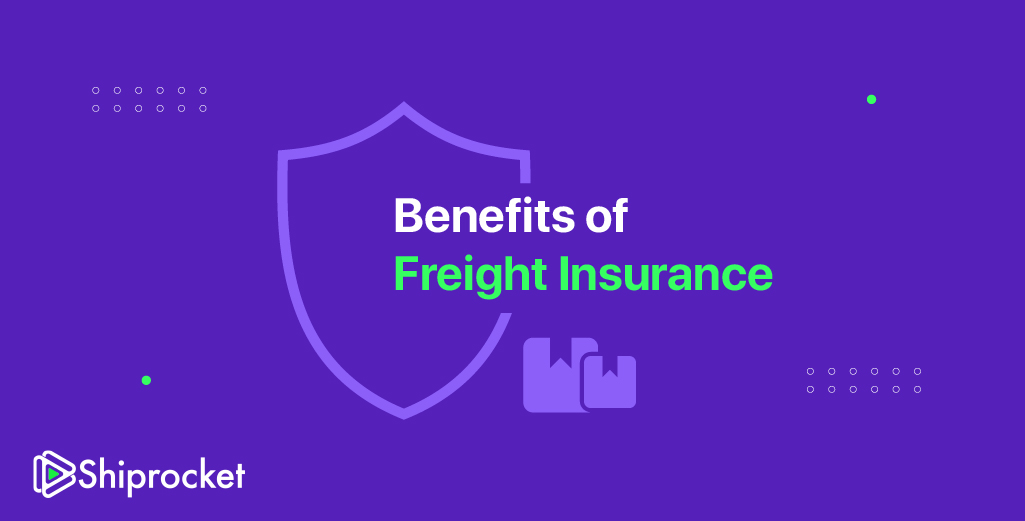
What are the Benefits?
Understanding the benefits of a freight insurance policy is to understand the intricacies of shipper to carrier insurance.
Liability Coverage
As we stated previously, all carriers are required by law to have liability coverage. This liability coverage will cover a certain amount of the cargo’s value and protect the page if a shipment goes awry. However, there’s an important dynamic to expose here.
Regulations, laws, and liability coverage all work to do one thing, protect the carrier, not the shipper. A carrier can legally argue that almost anything subjected the cargo to damage, excusing them from guilt. Furthermore, liability insurance—the one type of insurance regulated by law—works to protect the carrier and not the shipper.
Lastly, it’s essential to understand that the language used in freight insurance is not synonymous with the type we’re accustomed to. It’s all in the details, as they say. The vast, expansive, and multilayered landscape of freighting makes way for many moving pieces. Due to this multifaceted machine, there is no standard insurance in the shipping world. If your carrier tells you, ‘don’t worry, we have insurance,’ they’re not lying, but their policy could not support the type of cargo you’re shipping.
- Liability coverage works to protect the carrier, not the shipper. It may not even be a policy that considers your cargo coverable. Often, if you are covered, you’ll receive cents to the dollar in return.
- Current legislation does not require shippers to have insurance, nor does it protect shippers from unscrupulous carriers. In the event of damages, a page is innocent until proven guilty, and winning these cases is both taxing and challenging.
- Liability insurance claims can take over a year to process.
- Liability coverage is usually a base rate for all cargo and can vastly undervalue your assets (load). You won’t be compensated for your total value if a claim is processed successfully.
- A freight insurance policy says, ‘worry not, shipper; this is between you and me.’ In an oversimplification, it sidesteps all other parties and becomes directly responsible for the cargo. If it’s damaged or stolen, all you need to do is provide sufficient evidence and your claim will be processed.
- One of the enormous benefits of freight insurance is it does not rely on the carrier being ‘guilty’ of any wrongdoing. It puts the cargo in a vacuum and addresses it there.
- More importantly, freight insurance allows you to control the terms of the contract. You can rest assured that your policy covers the classification of your cargo, insures the entire value, and accounts for all mishaps (theft, damage of all types, spoilage, etc.). Once again, it’s all in the language, and negotiating a contract gives you the leverage you need to be sure you’re not relying on a policy that is not exclusive to your needs.
- Freight insurance claims are handled in 30 days as opposed to 9 months. This means that once a claim is filed (if approved and processed), you don’t have to scramble to cover the cost of your botched shipment—you will be compensated within a reasonable timeframe.
- A small cost can go a long way, and that’s true for freight insurance. Unlike some insurances you’re used to, the percentage which dictates the premium is typically lower. A reasonable policy can be a negligible expense mixed with the bundle of payments that amount to your shipping costs. Don’t let the idea that freight insurance will break your bank fool you; many companies out there will have a perfect solution for your business.
What to Look Out For?
Freight insurance is a justifiable expense. This idiom can become a reality in the case of freight insurance policies. There is a multitude of red flags to be aware of.
First, freight insurance companies can be disreputable. It’s 100% legal for them to sell you a policy that doesn’t match your freight insurance needs or, in the worst case, even covers the type of cargo you plan on shipping.
Regarding health and car insurance, it’s safe to assume you have a general understanding of how these policies work. The commonalities create natural links between the vast amount of policies.
Freight insurance, on the other hand, does not follow this trend. There is no standardised policy across the industry that covers the needs of every shipper. This means that a serious amount of due diligence is required when picking and integrating a policy.
Claims can be denied.
This is true for any insurance but particularly true when it comes to freight insurance. We’ll list some of the potential reasons your claim may be denied:
- The insurance policy does not cover the freighting class or type.
- The claim was filed late.
- No records dictate the shipment was in good standing before the damages or loss took place.
- The freight carrier wasn’t listed in the shipment or policy.
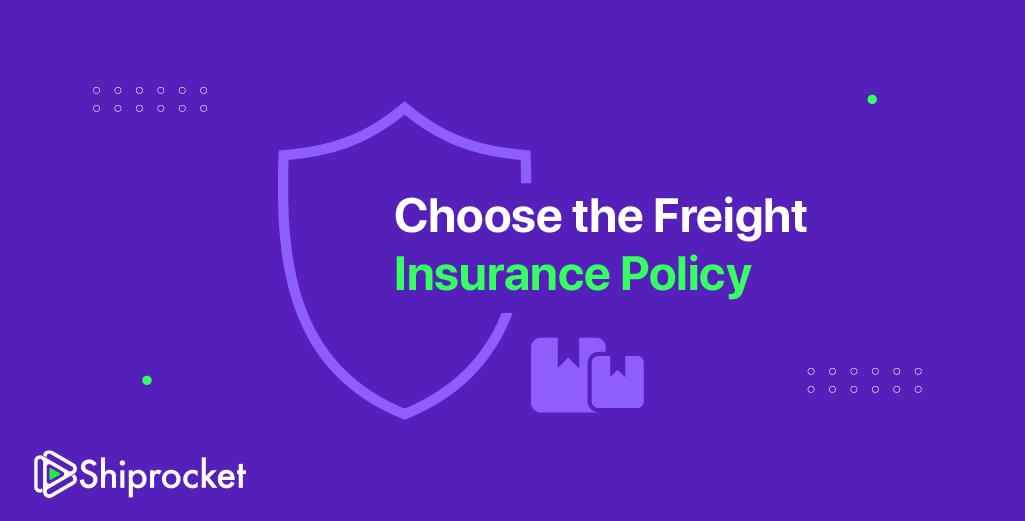
How Do You Go About Choosing a Freight Insurance Policy?
To understand your freight insurance policy is to be well-versed in insurance. As a rule of thumb, you must read the entire contract front to back, mainly to ensure that there are no hidden details that may hinder you along the way. Still, if this is unchartered terrain to you, we recommend that you hire either a freight broker, advancer, or a reputable insurance agent.
Insurance Agent
A reputable insurance agent that knows the ins and outs of the freighting industry will be able to evaluate your company, choose an insurance policy that works for you, and then review the procedure to ensure there’s no misleading fine print. There are plenty of great insurance agents within the space, and they can guide you through the process efficiently.
Freight Broker
A freight broker—aside from fostering the relationship between you and a carrier—should understand freight insurance or at the very least work closely with an agent. A dexterous freight broker should advise freight insurance and have the means of putting together an effective policy. If your broker does not recommend insurance, it may be time to find a new one.
Freight Forwarder
While this is the least recommended option, a freight forwarder that’s accomplished in the industry should also have insurance know-how and an arsenal of esteemed agents in their network. If you’re currently utilising a freight forwarder, then reach out and explain your current needs, and they should have the means of recommending a freight insurance policy for you.
Conclusion
We hope this article helped you understand more about freight insurance and gave you some peace of mind. Remember, there is no standardised insurance policy, and most of it boils down to know-how, experience, and negotiation. Most professionals will recommend that a freight insurance policy be implemented, but the legislation doesn’t enforce it. It’s up to you as a business to decide whether the juice is worth the squeeze.



